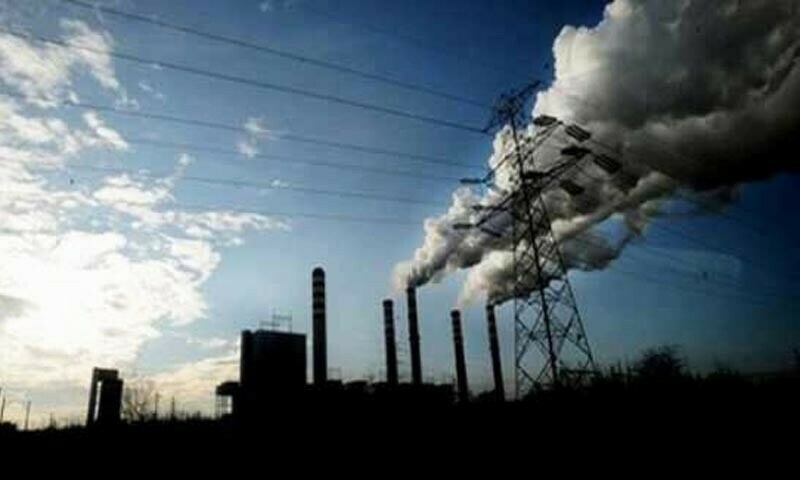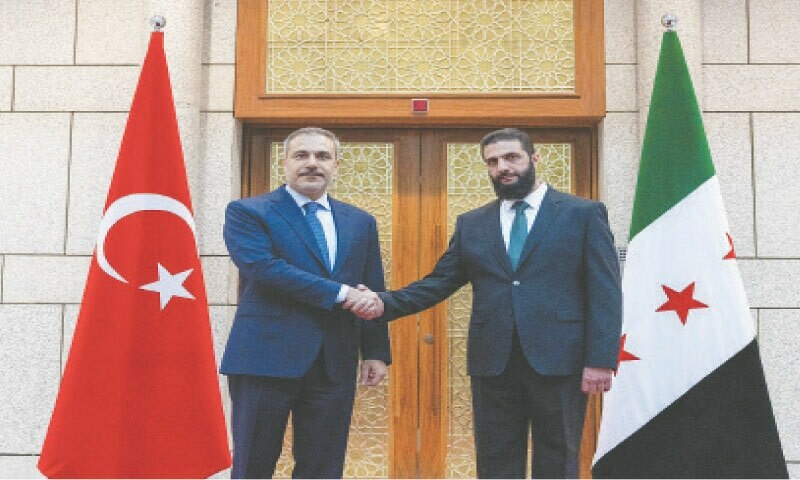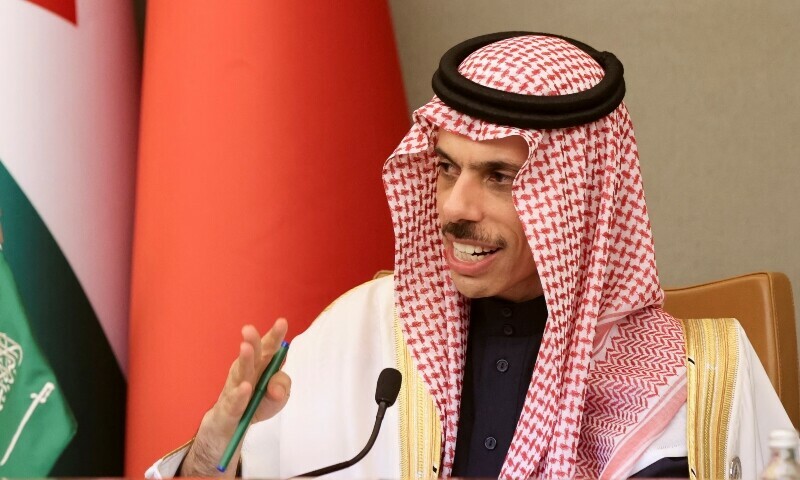ISLAMABAD: Pakistan has joined a coalition spearheaded by small island Pacific states to push for a new treaty focused on managing an equitable phase-out of fossil fuels and financing a global just transition away from the threat of coal, oil and gas production, according to a statement issued by the Fossil Fuel Non-Proliferation Treaty Initiative.
Pakistan is also the first South Asian state to engage with this group to “understand the contours of the proposal for a Fossil Fuel Treaty, aimed at fairly winding down fossil fuel production”.
This 16-strong group has members across four continents, including Vanuatu, Tuvalu, Tonga, Fiji, the Solomon Islands, Niue, Antigua and Barbuda, Timor-Leste, Palau, Colombia, Samoa, Nauru, the Marshall Islands, the Federated States of Micronesia, Pakistan, and the Bahamas.
According to the statement posted on its official website, the Fossil Fuel Treaty proposal advocates for a transition rooted in equity and justice, with wealthy nations responsible for the highest emissions transitioning first and fastest while offering finance and technical support for developing and climate-vulnerable countries to transition away from fossil fuels.
Becomes first South Asian state to engage with Fossil Fuel Non-Proliferation Treaty Initiative
Besides Pakistan, the Small Island Developing States (SIDS) – a negotiating bloc mostly comprising small islands at climate talks – played a key role in the establishment of the loss and damage fund at COP27 in Egypt in 2022.
Likewise, Vanuatu also spearheaded the effort to get the International Court of Justice to give a so-called advisory opinion on climate change. The hearing earlier this month was held after 132 countries at the United Nations General Assembly voted in March 2023 to support Vanuatu’s push for an opinion from the ICJ on the legal obligations nations are under to protect current and future generations from climate change, according to Al Jazeera.
‘New way forward’
In a video statement shared by the coalition, Prime Minister’s Climate Change Coordinator Romina Khurshid Alam said, “We are also joining, to analyse the pros and the cons of the proposal put forward by the 16 countries for a new international way forward – a treaty aimed at phasing out fossil fuel within a time bound framework, contingent on the provision of adequate financing and technology work.”
She said Pakistan acknowledged the importance of advancing discussions on equitable solutions and would engage international partners to explore different pathways in this regard.
Dr Abid Qaiyum Suleri, executive director of the Islamabad-based Sustainable Development Policy Institute said the move “solidifies the government’s commitment to tackling this pressing issue, reducing the country’s reliance on fossil fuels and addressing the climate crisis”.
“The treaty proposal offers a framework to support a fair phase-out of fossil fuels while prioritising the provision of much needed financial and technical support from developed nations, for nations like ours to transition to clean energy,” he said in a statement.
The director of the Climate Action Network South Asia, Sanjay Vashist, in a comment on the initiative, said, “This is not just about transitioning to clean energy—it is about justice, equity, and ensuring that those least responsible for the crisis are not left to bear its worst impacts. Pakistan’s leadership must inspire other nations to collaborate in developing a new global framework that guarantees a just and equitable transition for all.”
According to the coalition, there was a need for a concrete and binding plan to end the expansion of fossil fuels and despite decades of negotiations, many governments were still approving new coal, oil, and gas projects that threatened the chances of limiting warming to 1.5 Celsius.
“To protect people from the threat fossil fuels pose to our climate, our health and our future, a growing bloc of 16 countries are seeking a negotiating mandate for a Fossil Fuel Treaty,” the website read, adding that the proposed treaty would complement the Paris Agreement to manage an equitable phase-out and lay the foundations for a true just energy transition. It, however, expressed dismay that despite fossil fuels being clearly identified as the main driver of the climate crisis, they were not mentioned once in the world’s leading climate agreement.
It may be noted that COP29 in Baku this November failed to capitalise on the COP28 energy targets, which mentioned the transition away from fossil fuels. The conference also did not see any progress on the Just Transition Work Programme that through knowledge-sharing aims to ensure that no one is pushed behind in the transition towards low-carbon economies.
Published in Dawn, December 23rd, 2024





Leave a Reply